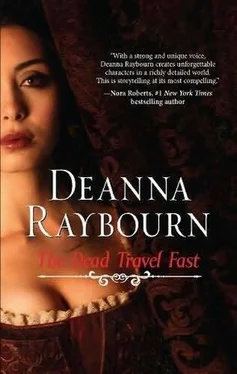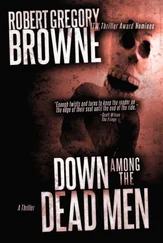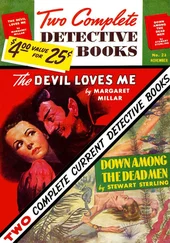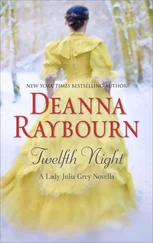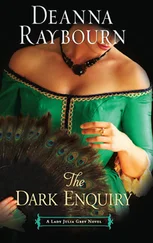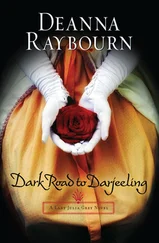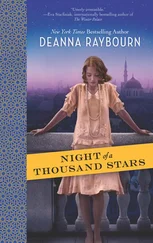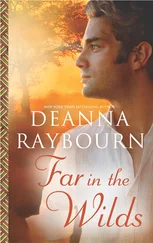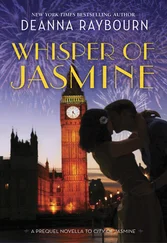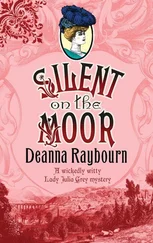I clutched his hand even more tightly as we made our way along the forest path, for it was very dark, and the trees pressed in against us, breathing upon us in the shadows, it seemed. I heard rustling, but Dr. Frankopan told me it was only the wind; I saw eyes, but Dr. Frankopan told me it was simply the reflection of the moon upon the stones. I wanted to believe him, but when we reached the clearing and saw the cottage, warm light glowing from every window, beckoning us to safety, I nearly wept from relief.
He took me inside and shut the door, helping me out of Cosmina’s cloak. “There, there. You have had a nasty shock. Go and sit by the fire. I will bring you some pălinkă. It will warm you through.”
I obeyed, feeling so cold throughout I thought I should never be warm again, as much from misery as the wind.
“Here we are, here we are,” he said, bustling in a few moments later with a tray and glasses. He poured out a generous measure for me and a smaller one for himself.
“Drink it up, child. You will feel warm soon. I daresay you are cold now from the shock of it all.”
“I am,” I told him, taking the pălinkă gratefully. I sipped it, but it was bitter and though I tried not to pull a face, little escaped Dr. Frankopan’s attention.
“You do not like our local delicacy?” he chided with a smile. “No matter. It will do the trick, I promise you.”
I took another sip. “I simply cannot take it in. Cosmina. All these years she was not the person I knew, the person I loved.”
He nodded sorrowfully. “It is a difficult thing to have the scales drop from one’s eyes.”
“Yes, that is it precisely. I feel such a fool. She always used to say she was going to marry the count and live in the castle as his countess. I ought never to have believed her when she said that she was relieved when he refused her. She must have been so angry, so shatteringly angry.”
“At him, for scorning her, and at you, for attracting his regard.”
I think I coloured slightly at his last words, but there was frankness between us and I would not demur from the truth. “Yes. Any woman would have been angry, I think. But Cosmina was always possessive of what she cared for.”
“Perhaps that is why she kept your rosary, a reminder of the friend she loved,” he suggested.
I sipped again at the pălinkă . It was better, smoother and easier to drink now I was accustomed to the taste of it. “Perhaps. I remember we had a row that day. She was angry because I spent so much time discussing poetry with Fraulein Möller. I thought her silly at the time, but now I believe she was jealous. She never liked me to have other friends, you know-none that were as close as she.”
“And her feelings would be compounded if you formed an attachment with the man who refused to marry her,” he concluded.
“Yes, of course.” I subsided into silence and continued to drink, feeling warmer and a little light in the head.
“Why do you think she would have killed Aurelia?” he asked. “Do you not believe in the strigoi?”
“No. It is a faery story, meant to frighten children,” I said, my voice louder than I had intended. “There is something more sinister afoot in that castle-a mortal murderer.”
“You are certain?” he asked, his eyes suddenly shrewd.
“I am,” I told him. “Someone killed Aurelia, someone attempted the count’s life and meant me to hang for it. I believe that someone is Cosmina.”
He said nothing, but merely watched me as I sipped at my drink. I continued on, warming to my theme. “Cosmina bore a grudge against the count and against me. What better revenge than to kill him and make me the scapegoat for her crimes?”
“But what motive would she have had for killing Aurelia?” he asked blandly.
I thought for a moment, but my mind was fogged with shock and fatigue and strong drink. It was difficult to put the pieces together, but I attempted it. “Aurelia carried a possible heir to the Dragulescu estate. If the count was killed, the child might stand to inherit, particularly if it were a son. Aurelia could have made an excellent case for Count Bogdan’s estate to pass to his natural son rather than to the niece of his wife.”
Dr. Frankopan said nothing, but sipped his own drink, letting me prattle on. “And another bird might well have been felled with the same stone. The rumours of a strigoi began with the death of Aurelia. Perhaps Cosmina meant to establish a perfect scene for Count Andrei’s death. Everyone speculated that the revenant had returned to destroy his own son. If Aurelia was found foully slain by a vampire, and then Count Andrei suffered a similar fate, folk would merely put it down to the strigoi.”
“Now that is a fanciful tale,” Dr. Frankopan said, suppressing a smile.
“But possible. These mountains are thick with legends and ghosts. Everyone was ready to accept that Aurelia was slain by a strigoi . Why not Count Andrei as well?”
“I suppose,” he said reluctantly. “It would have been a clever plot.”
“Very,” I agreed. “And she only altered it to put the blame for Count Andrei’s death upon my head after she discovered the letter. That was when she decided to include me in her revenge. At one stroke, she would have been rid of me and of Andrei and ensured her own inheritance to the castle.”
“And you are certain of this?” he asked, watching me closely.
“As certain as I am of my own name. It must be so, and I will see her brought to justice,” I told him, heady with vindication.
He paused, then finished his drink. “That is unfortunate,” he said finally. “If you had entertained the slightest doubt, there might have been hope for you. But not now.”
“What do you mean?” I demanded.
His expression was sorrowful. “My dear child, I am fond of you-fond of you, indeed. But you cannot imagine I would ever let you do anything to harm Cosmina.”
“But she is a murderess!” I protested.
“And she is my child,” he countered.
I sat, stupefied, while he went to fetch a box upon the mantel. He returned to his chair and opened it, drawing out a miniature. He passed it to me, and I saw at once that it was the beautiful girl whose painting hung in the countess’s bedchamber.
“This is the countess’s sister,” I exclaimed.
“My beloved Tatiana.” He took the miniature from my nerveless fingers. “We met in Vienna. I saw her across the ballroom where she was dancing with one of the Emperor’s nephews. She danced right out of her slipper and I brought it to her and drank champagne from it. It was the only time in my life I have been dashing,” he added, a trifle ruefully. “I was her elder by some years, but she loved me, can you believe that? Ah, do not reply. It seemed a miracle to me as well, but love we did. My family would not agree to the match. They did not think minor Roumanian nobility was exalted enough to marry into the family of the Frankopans, not even Tatiana, the lovely Tatiana. She was an heiress, the eldest of the beautiful sisters Dragulescu, but even she was not worthy. We trace our lineage back to a senator of the Roman Empire, and we were expected to marry better.” His voice betrayed no bitterness at the memory, only profound sadness. “I was sent away to recover from my disappointment, a sea voyage that lasted three years. When I returned, I learned that Tatiana had borne my child in secret. At first all was well enough. She had placed the child with a family outside of Vienna to foster it, and she visited, bringing presents and pretty clothes. But she grew sad and thin because she could not raise her own daughter, and because I never wrote to her.”
He fixed me with a steely eye. “I did write to her, of course. But my letters were intercepted. Every last one of them. Tatiana had nourished herself on hope, you understand. Every month, she promised herself that I would come and marry her and claim her child. And every month, when I did not come, she slipped further into her sadness. Until at last, she no longer knew what was real and what was not. She was locked away in an asylum.”
Читать дальше
Конец ознакомительного отрывка
Купить книгу
